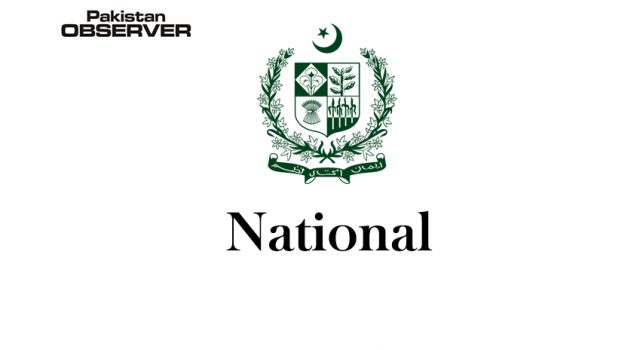United Nations
Myanmar’s military must stop using sexual and gender-based violence to terrorize and punish ethnic minorities, according to a new report from the United Nations International Fact-Finding Mission.
‘Extreme physical violence, the openness in which it is conducted … reflects a widespread culture of tolerance towards humiliation and the deliberate infliction of severe physical and mental pain or suffering on civilians,’ the report said.
The Mission painted a picture of the brutal tactic being employed in Kachin and Shan states. It underscored that during the 2017 ‘clearance operations’, which led to more than 700,000 Rohingya fleeing to Bangladesh, the severity in Rakhine state became an indicating factor of Myanmar military’s genocidal intent to destroy the Rohingya population.
The Mission concluded that soldiers routinely and systematically employed rape, gang rape and other violent and forced sexual acts against women, girls, boys, men and transgender people in blatant violation of international human rights law.
‘The international community must hold the Myanmar military to account for the tremendous pain and suffering it has inflicted on persons of all genders across the country’, Marzuki Darusman, chairman of the Fact-Finding Mission.
The Mission conducted interviews with hundreds of survivors and witnesses of sexual violence in Kachin and Shan states in the north, and in Rakhine state in the west.
Mission expert Radhika Coomaraswamy said the findings also ‘address a gap that usually surrounds sexual and gender-based reports – cases of sexual violence against men and boys and transgender people.’
‘The silence must be broken,’ she declared. On the second anniversary of the beginning of the operations, this report is an important reminder of the continuing need for accountability.
Most assaults reported were directed at women and girls who were beaten, burned with cigarettes, slashed with knives, raped and held as sexual slaves on military bases.
The report also documents cases of rape, forced nudity and the sexual torture of men and boys.
‘For the first time in such a UN report, we are clearly highlighting violence against transgender people,’ Expert Christopher Sidoti said. ‘We spoke to transgender Rohingya women, and found they are victimized twice, because they are Rohingya and because they are transgender.’
The Mission said only one conclusion could be drawn from the accounts it had obtained: sexual violence perpetrated by the military was ‘part of a deliberate, well-planned strategy to intimidate, terrorize and punish a civilian population.’—APP










